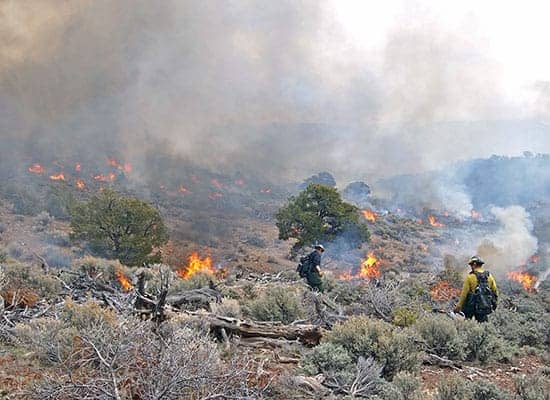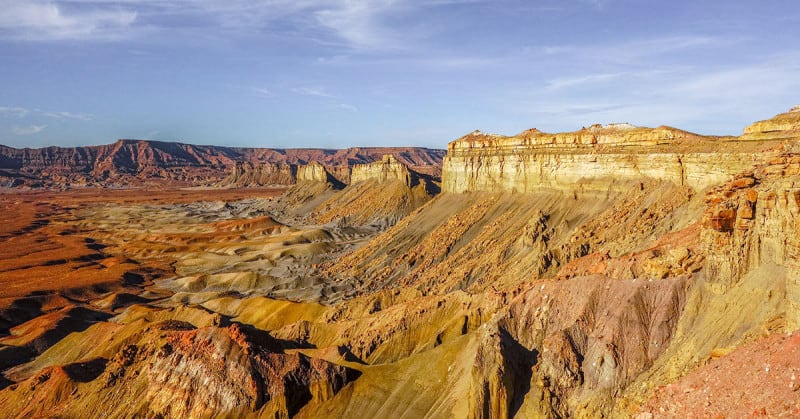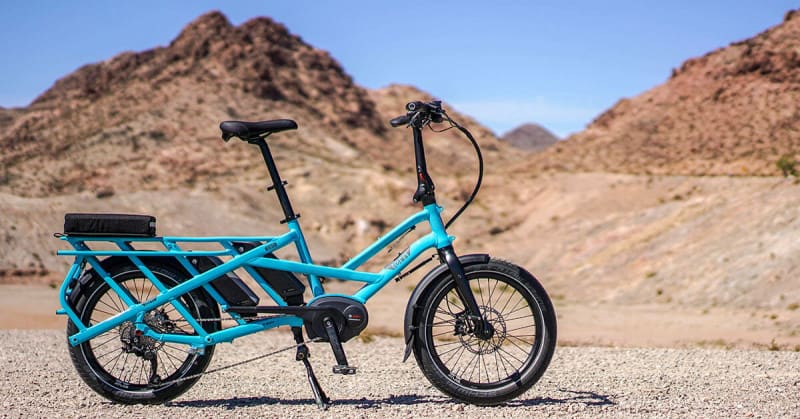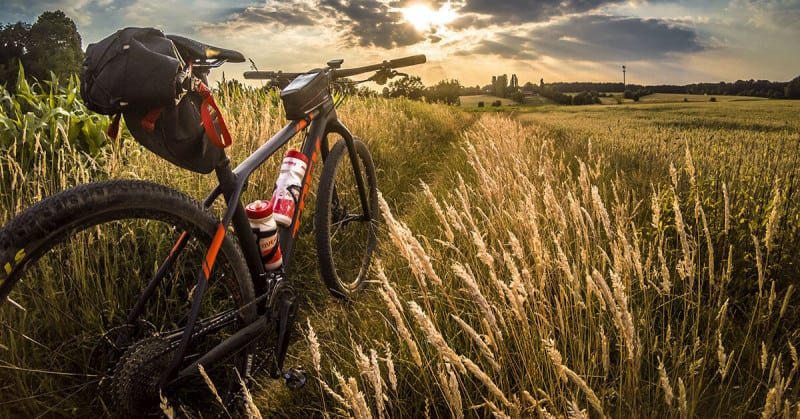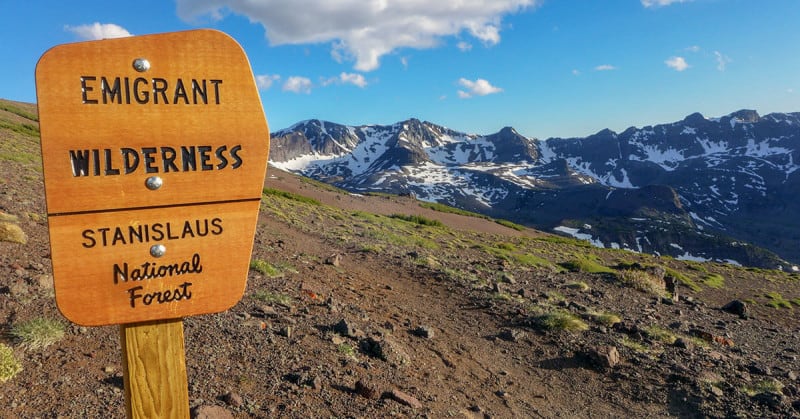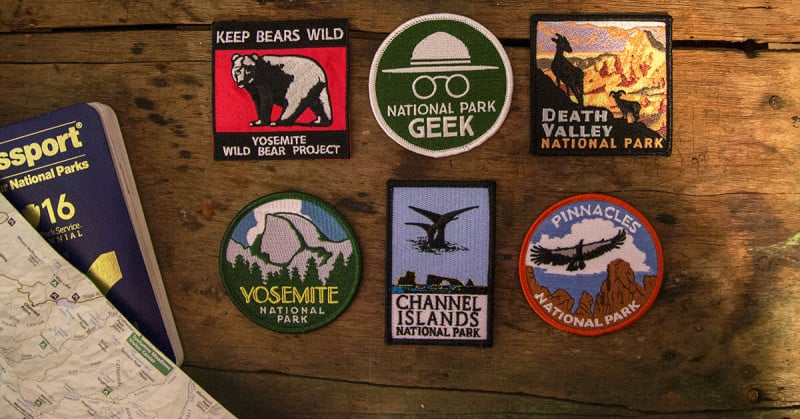Policy Positions
Climate Impact on Hikers
Access to the places we love to hike, both close to home and farther away, are impacted by climate change with wildfires, drought, increased temperatures, and other factors limiting the hiking experience and the stewardship of trails.
Read MorePublic Lands Position Statement
Protect Public Lands American Hiking Society Policy Position Dennis Buchner Download the PDF Version Why should you care? The nearly 1,000,000 square miles that comprise U.S. public lands[i] are our…
Read MoreElectric Bicycle Position Statement
*June 2020 Update*: Agencies within the Department of Interior, including Bureau of Land Management, National Park Service, Fish and Wildlife Service, and Bureau of Reclamation have requested comments on proposed rule making that would…
Read MoreMountain Bike Position Statement
Overview Hiking trails, or foot-only trails, are pathways developed and managed for quiet, slow travel and the enjoyment of nature away from mechanical conveyances, including bicycles. American Hiking Society is…
Read MoreWilderness Position Statement
Overview The Wilderness Act of 1964 established the National Wilderness Preservation System (NWPS), to “secure for the American people of present and future generations the benefits of an enduring resource…
Read MoreRecreation Fee Policy
Overview As the national voice for America’s hikers, American Hiking Society promotes and protects foot trails and the hiking experience. American Hiking Society is committed to working cooperatively with Congress,…
Read MoreMotorized Recreation – Off-Road Vehicle Position Statement
Background The increased popularity of off-road vehicles1 (ORVs) in recent decades has coincided with technological advances enabling these machines to penetrate deeper into the backcountry than ever before. High-powered engines…
Read More
